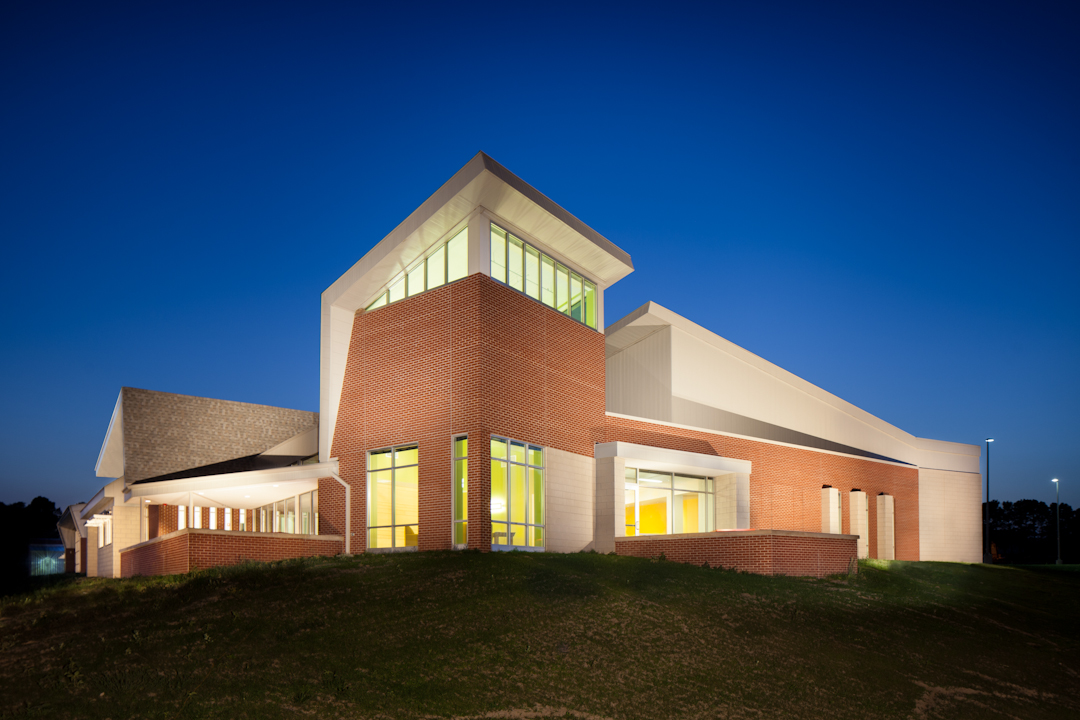Assessment Documents
Student Surveys
Assessment for Student Learning at NCTA
NCTA is all about helping students learn. We're committed more than ever to creating learning-centered environments where faculty, administrators, and staff work actively to help students learn. Using methods of Assessment FOR Student Learning is our way of assuring that learning is occurring and improving. We've learned that "one size does not fit all." However, the improvements that do result from an assessment process make the challenge of finding answers to that significant question, "How do we know what our students have learned," worthwhile. We are discovering that unlike evaluation, which looks at mastery of outcomes and process, Assessment FOR Learning looks at the process of learning or failing to learn. We ask the question, "If learning has not been achieved, what factors or behaviors have interfered with the learning process, and what can we do about it?" Processes and outcomes are connected.
The ASSESSMENT FOR STUDENT LEARNING HANDBOOK provides a framework for continuous improvement of student learning and a commitment to program excellence. Our process provides evidence that:
- Learning outcomes are observable and are performed by the students
- Curriculum alignment provides the opportunity for students to achieve these outcomes because the curriculum is driven by intended learning outcomes and assessment evidence
- Learning opportunities are consistent and contribute to student learning
- Successful program completion provides students with the skills and abilities described in the general education goals and are clear enough to be understood by our stakeholders
- Faculty teaching NCTA courses provide students with multiple integrated learning opportunities to assure that students will be able to do outside the learning environment (classroom and labs) what they have learned through their learning experiences
Assessment of student learning is directly linked to the NCTA Vision, Mission and Key Characteristics. Further, the Campus-wide Assessment Committee in cooperation with the NCTA Dean and Associate Dean oversees the institutional assessment of all academic programs. NCTA's assessment is a living document.
Graduate Success
Ranked #1 U.S. 2-year college for career outcomes - This metric measures the ratio of starting salary for graduates to cost of education. WalletHub, 2019
Ranked #4 Best 2-year college for employment 10 years after entry - Based on Department of Education College Scorecard data and data from Integrated Postsecondary Education Data System (IPEDS). Zippia, 2018
Ranked #7 U.S. 2-year college for graduate career success - Using 10 years of U.S. government data such as tax records, as reported in IPEDS and College Scorecard, NCTA is the #7 two-year college in the United States for graduate career success at 92 percent employment 10 years after graduation. Zippia, 2017
Ranked #11 U.S. 2-year colleges for graduate salary - Government tax records reveal average NCTA graduate earnings are $37,300 at 6 years and $49,800 at 10 years which ranks NCTA graduates as having the 11th highest average salaries of all U.S. two-year college graduates. Zippia, 2017
Top 30 trade schools - When evaluating two-year trade schools for graduate success and return on educational investment, NCTA was listed among the top 30 in the U.S. and the only agricultural college identified. Forbes Magazine
Top 150 two-year colleges - NCTA was ranked among the top 150 two-year colleges, from a pool of approximately 1,900, when evaluated for overall quality (Aspen Institute, 2017).
NCTA is a member of the National Council for State Authorization Reciprocity Agreements. NC-SARA makes it easier for students to take online courses and transfer those credits to postsecondary institutions in other states by establishing national standards among member schools.
